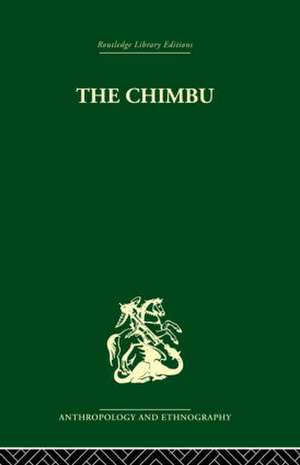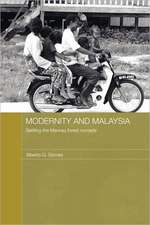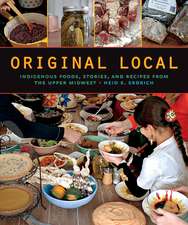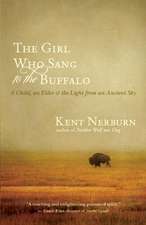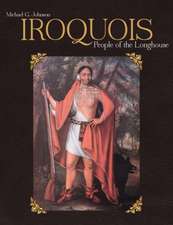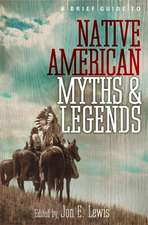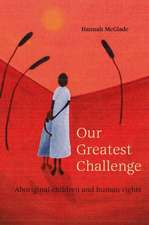The Chimbu: A Study of Change in the New Guinea Highlands
Autor Paula Brownen Limba Engleză Paperback – 28 aug 2013
Originally published in 1973.
| Toate formatele și edițiile | Preț | Express |
|---|---|---|
| Paperback (1) | 270.46 lei 6-8 săpt. | |
| Taylor & Francis – 28 aug 2013 | 270.46 lei 6-8 săpt. | |
| Hardback (1) | 984.87 lei 6-8 săpt. | |
| Taylor & Francis – 26 feb 2004 | 984.87 lei 6-8 săpt. |
Preț: 270.46 lei
Nou
Puncte Express: 406
Preț estimativ în valută:
51.75€ • 56.39$ • 43.61£
51.75€ • 56.39$ • 43.61£
Carte tipărită la comandă
Livrare economică 23 aprilie-07 mai
Preluare comenzi: 021 569.72.76
Specificații
ISBN-13: 9780415866637
ISBN-10: 0415866634
Pagini: 184
Dimensiuni: 138 x 216 x 10 mm
Greutate: 0.22 kg
Ediția:1
Editura: Taylor & Francis
Colecția Routledge
Locul publicării:Oxford, United Kingdom
ISBN-10: 0415866634
Pagini: 184
Dimensiuni: 138 x 216 x 10 mm
Greutate: 0.22 kg
Ediția:1
Editura: Taylor & Francis
Colecția Routledge
Locul publicării:Oxford, United Kingdom
Public țintă
PostgraduateCuprins
1. Introduction 2. The Chimbu View of Past and Future 3. The Kinds of Variation and Change 4. Chimbu Pre-History 5. Chimbu's First Contact with Europeans 6. Domestic and Local Groups 7. Groups and Segments 8. Big Men and Small 9. Cycles and Transactions 10. Strife 11. Warfare 12. The Process of Change 13. The Forces of Change 14. Material and Technological Change 15. Economic Change 16. Local Leadership and Activities 17. Conflict Today 18. Kondom's Kingdom 19. Plus ça change, plus c'est la même chose
Descriere
This volume illustrates that the Chimbu have always been an adaptable people, whose concern for the present and for change has surpassed their attachment to tradition and the past.
